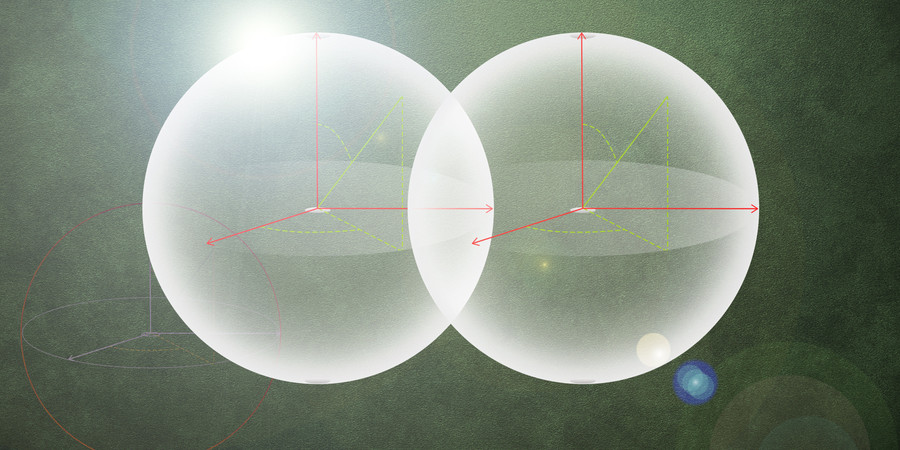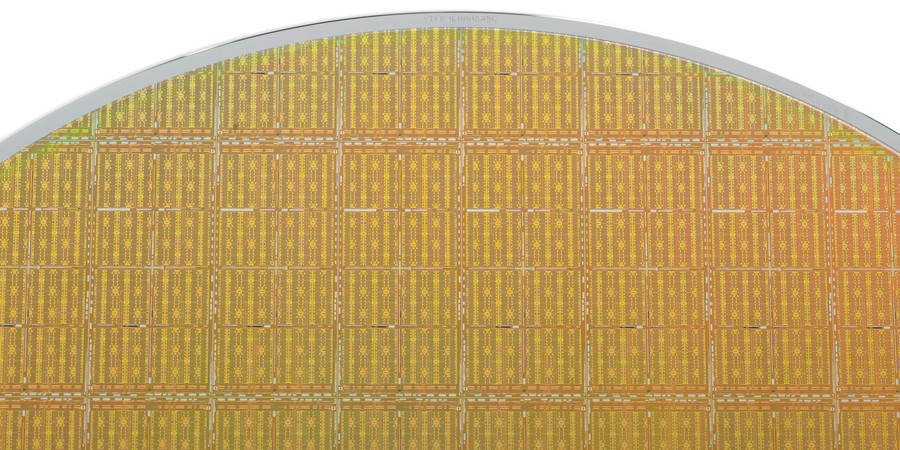May 13, 2024
MIT physicists and colleagues have created a five-lane superhighway for electrons that could allow ultra-efficient electronics and more. The work is one of several important discoveries by the same team over the last year involving a material that is essentially a unique form of pencil lead.
“This discovery has direct implications for low-power electronic devices because no energy is lost during the propagation of electrons, which is not the case in regular materials where the electrons are scattered,” says Long Ju, an assistant professor in the MIT Department of Physics and corresponding author of the Science paper.
The phenomenon is akin to cars traveling down an open turnpike as opposed to those moving through neighborhoods. The neighborhood cars can be stopped or slowed by other drivers making abrupt stops or U-turns that disrupt an otherwise smooth commute.
Complete article from the MIT Materials Research Laboratory.
Explore
MIT Engineers Advance Toward a Fault-tolerant Quantum Computer
Adam Zewe | MIT News
Researchers achieved a type of coupling between artificial atoms and photons that could enable readout and processing of quantum information in a few nanoseconds.
New Chip Tests Cooling Solutions for Stacked Microelectronics
Kylie Foy | MIT Lincoln Laboratory
Preventing 3D integrated circuits from overheating is key to enabling their widespread use.
III-Nitride Ferroelectrics for Integrated Low-Power and Extreme-Environment Memory
Monday, May 5, 2025 | 4:00 - 5:00pm ET
Hybrid
Zoom & MIT Campus




